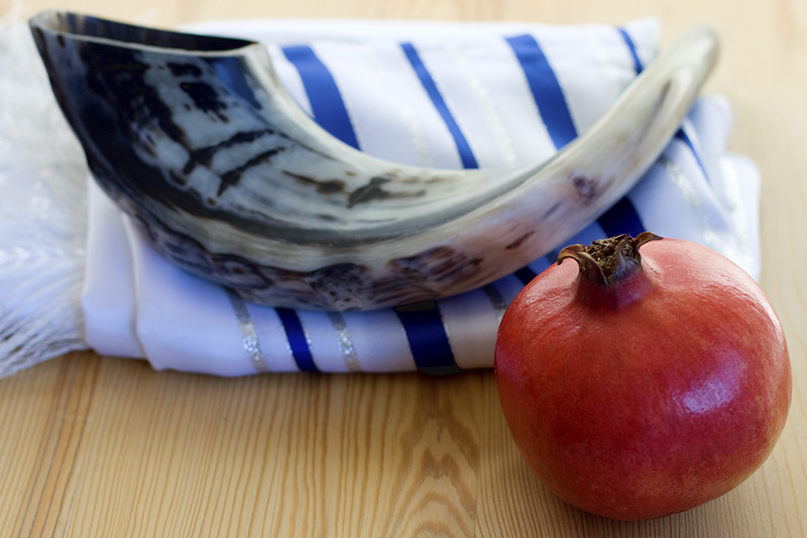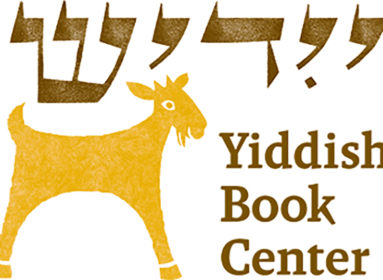
By Sam Glaser
My favorite comic strip of the season is Bart Simpson at the blackboard scrawling repeatedly, “I won’t count how many pages are left in the Machzor (High Holiday prayer book).” Formal prayer is an acquired taste, and its acquisition is best achieved with frequency and familiarity. Hence the Jewish Catch 22: many Jews only show up to pray on the two days a year when the prayers are by far the most long-winded and daunting.
Even with preparation and competent leadership, the High Holidays are still a lot to handle. How can clergy best communicate the essential themes of this period? Hopefully, the rabbi uses teaching moments to answer the elephant in the room question: “Why are we here?” The following is a multifaceted answer to that fundamental question, inspired by my brilliant friend, Rabbi Simcha Weinberg.
Rosh Hashana and Yom Kippur are truly portals to newness. We have a completely fresh opportunity to be the people we want to be. The Talmud illustrates that free will only exists in the present. We are judged where we stand at any given moment. On Rosh Hashana, we can establish a radical new direction, regardless of previous transgressions. We know change is possible because we have changed as a result of our deepest experiences, both triumphant and traumatic. Rosh Hashana is commonly known as the anniversary of the creation of the world. In actuality, it is the birthday of Adam and Eve, the anniversary of the sixth day, the one that really matters. Just like Adam stands alone in a nascent Garden of Eden, the very definition of a fresh start, so, too, can we, on this first day of the year, and every day thereafter.
Adam’s first prayer in the Garden of Eden was one of aspiration. He saw an incomplete world and according to Rashi, felt in his heart, “This could be so much more!” This theme should inform all our prayers during this High Holiday period. The herbage God created on the third day waited until the sixth day when Adam aspired for more. Let us all be like Adam, truly wanting greatness for ourselves and for our world. The High Holiday season is the time to speak these aspirations into being.
One of the crucial changes in the Rosh Hashana liturgy is the repeated emphasis of God as Melech, or King. Having a king as our celestial Parent elevates us to the rank of prince or princess. Our sages tell us that we earned our regal pedigree as the offspring of our exemplary matriarchs and patriarchs. If we do our job over the High Holidays, we emerge whitewashed of sin, at parity with the angels, reunited with our Creator and our meritorious ancestors.
Perhaps the best answer to the “why are we here?” question: we are being judged. While it is serious business, we should be happy about it. The reality is that we crave judgment. We’re desperate to know we are on a true path. The idea of God judging us should provide a sense of comfort that God cares.
Yom Kippur is about begging forgiveness. There is a cleansing power implicit in the day, absolving us of all our collective shortcomings, giving us a fresh start in the relationship. How is it possible we can fix everything? Does God really forgive? Does God love humanity enough to care about each one of us? Remarkably, the answer is yes. A chet (sin) means “missing the mark;” in other words, there is no truly intentional sin. We are “off target” in life simply because we don’t perceive the gravity of our actions. Any personal shortcomings serving as the impetus to repair our relationship can become mitzvot.
The High Holidays are about restoring what we always have inside, which is a sweet, loving child. Our inner child is quick to recover from a setback, is openly affectionate and sees the world with wide-eyed wonder. That child knows he is beautiful in his parents’ eyes and since the world revolves around him, he can be a tyrant prince. When a toddler cries, a few moments later she may be laughing with joyous abandon. Rabbi Weinberg quotes the Zohar, stating that the shofar blast is really a lullaby. Imagine that the final tekiyah gedolah at the end of Yom Kippur is an extended lullaby from God, just for you. This is why we are here.
Sam Glaser is a performer, composer, producer and author in Los Angeles. He has released 25 albums of his compositions and produces music for various media. His book The Joy of Judaism is an Amazon bestseller.








 Southern New England Jewish Ledger
Southern New England Jewish Ledger









